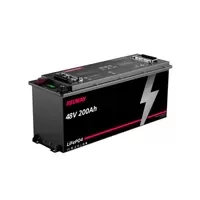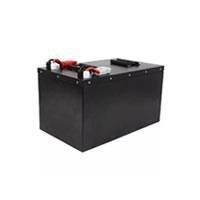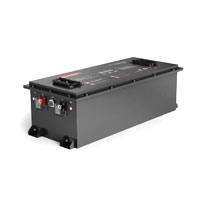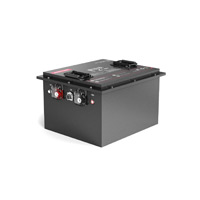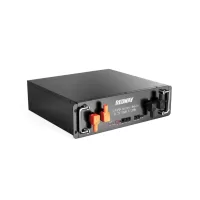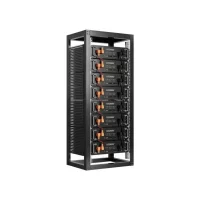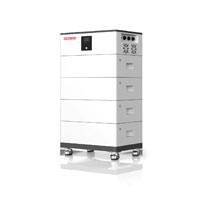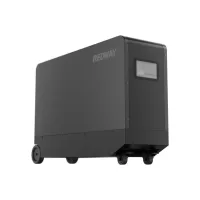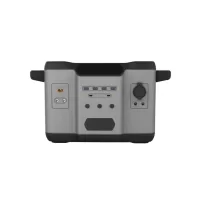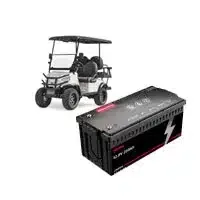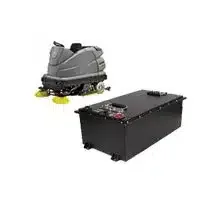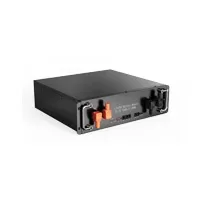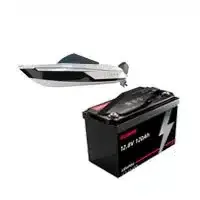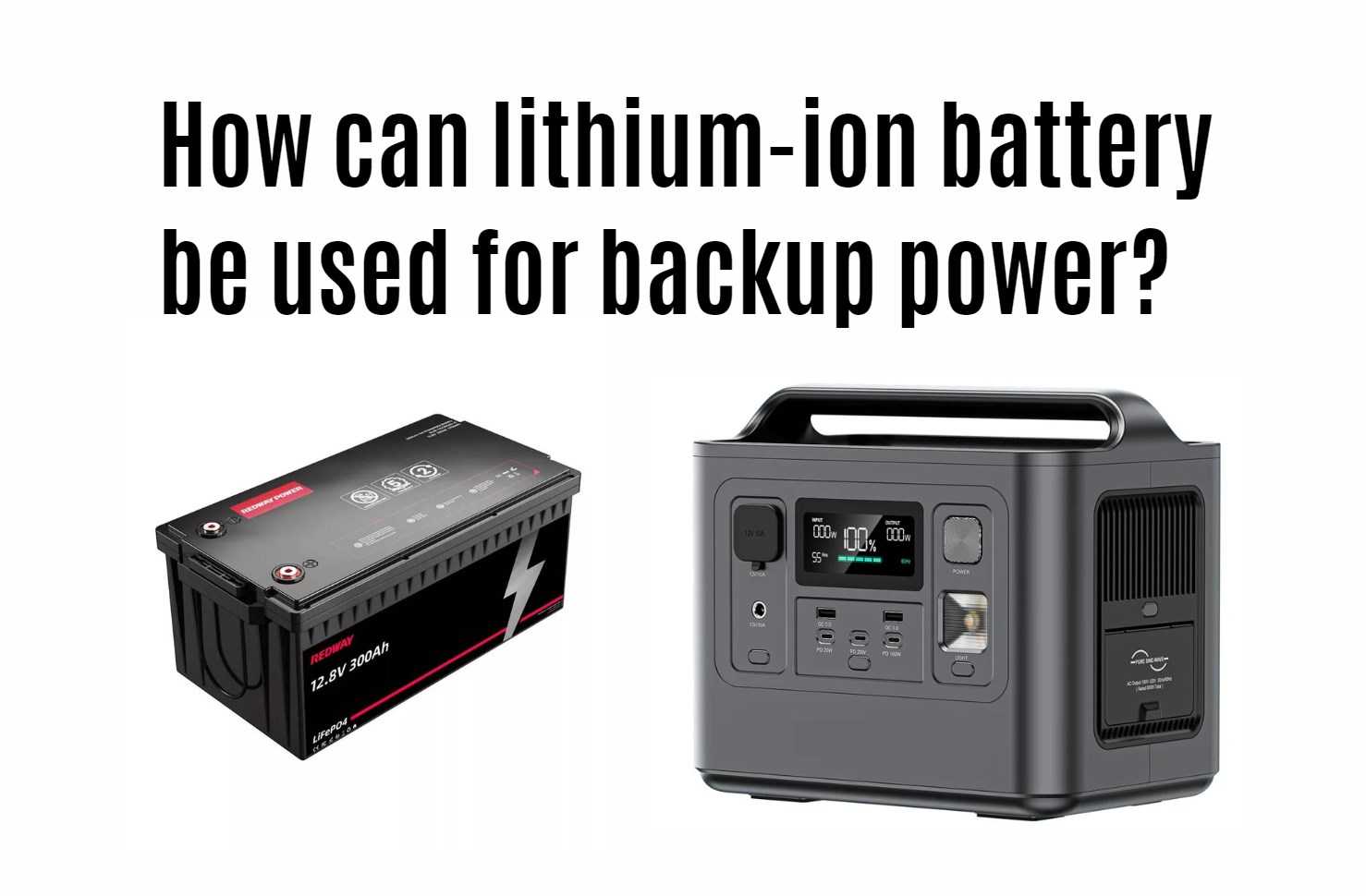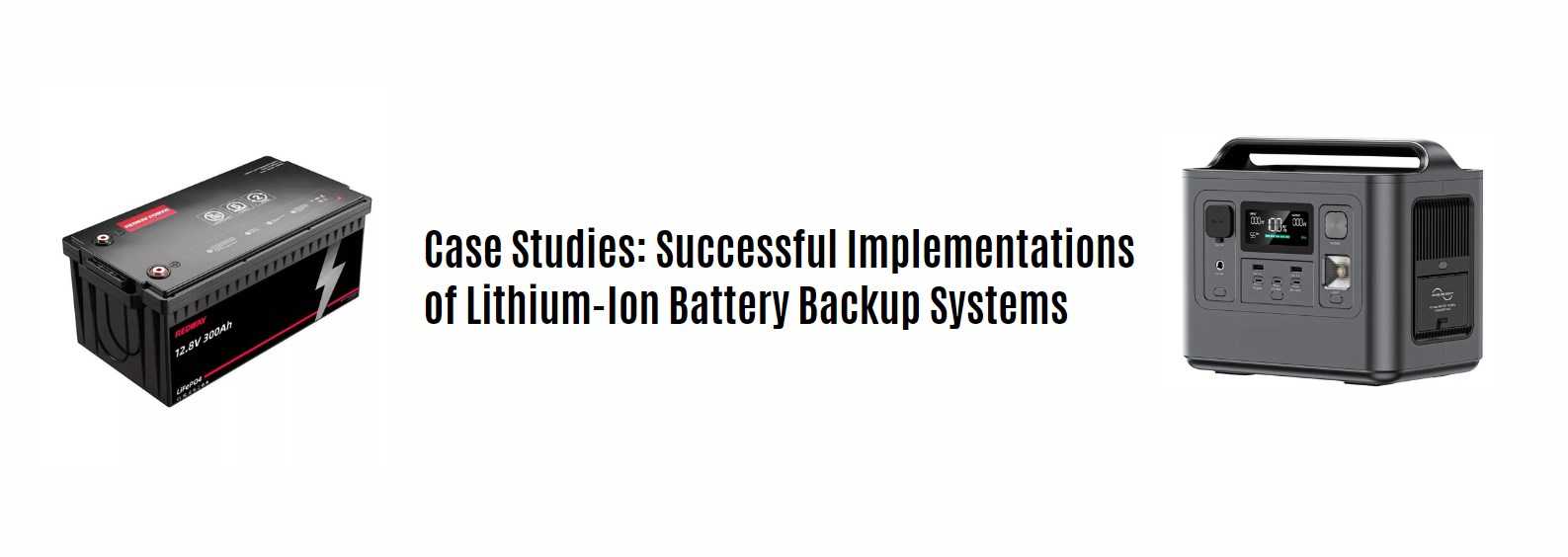Welcome to our in-depth exploration of lithium-ion batteries for backup power systems. In today’s dynamic environment, reliable backup power is indispensable for both individuals and businesses. This article aims to provide a detailed analysis of the benefits, applications, factors to consider, successful case studies, challenges, future advancements, and more regarding lithium-ion batteries in backup power solutions.
Benefits of Lithium-Ion Batteries for Backup Power
Discover the unparalleled advantages of integrating lithium-ion batteries into backup power systems:
- High Energy Density: Compact size makes them ideal for space-constrained installations.
- Long Lifespan: With proper maintenance, lithium-ion batteries can last significantly longer than traditional options.
- Quick Charging: Rapid charging capabilities ensure swift responsiveness during power outages.
- Lightweight and Portable: Easy to handle and install, enhancing mobility and flexibility.
- Low Self-Discharge Rates: Retains stored energy for extended periods, minimizing maintenance requirements.
Applications of Lithium-Ion Batteries in Backup Power Systems
Lithium-ion batteries serve diverse purposes across various sectors:
- Residential Backup: Powers essential appliances during blackouts, ensuring continuous functionality of lights, refrigerators, and communication devices.
- Commercial Use: Critical for sustaining operations in offices and industries, safeguarding equipment and productivity during power disruptions.
- Renewable Energy Integration: Stores surplus energy from renewable sources like solar panels or wind turbines, ensuring stable power supply regardless of weather conditions.
- Telecommunications: Supports uninterrupted operation of communication networks during grid failures, critical for emergency services and public safety.
Factors to Consider when Choosing Lithium-Ion Batteries for Backup Power
Selecting the right lithium-ion battery involves careful consideration of several factors:
- Capacity: Evaluate the battery’s storage capacity (measured in Ah) to ensure it meets the energy demands of your backup system effectively.
- Voltage Compatibility: Match the battery’s voltage to your system’s requirements (typically 12V or 24V) to ensure seamless integration.
- Cycle Life: Assess how many charge-discharge cycles the battery can endure without significant degradation, ensuring long-term reliability.
- Charging/Discharging Speeds: Consider the battery’s capabilities for rapid charging and high discharge rates, crucial for quick recovery and sustained power output.
- Safety Features: Prioritize batteries with robust safety mechanisms, such as protections against overcharging, short circuits, and thermal management systems.
- Cost Efficiency: While initial costs may be higher, investing in quality batteries from reputable manufacturers can offer superior performance and longevity, minimizing long-term expenses.
Case Studies: Successful Implementations of Lithium-Ion Battery Backup Systems
Real-world examples demonstrate the effectiveness of lithium-ion batteries:
- Residential Deployments: Homeowners rely on lithium-ion battery backups to maintain uninterrupted power for critical appliances during outages.
- Commercial Applications: Businesses utilize these systems to ensure continuous operation of essential equipment and services, enhancing reliability and customer satisfaction.
- Renewable Energy Installations: Integrated into renewable energy setups, these batteries optimize energy utilization, providing consistent power availability.
- Healthcare Facilities: Vital for supporting medical equipment during emergencies, ensuring uninterrupted patient care and safety.
Challenges and Limitations of Lithium-Ion Batteries for Backup Power
Despite their numerous benefits, lithium-ion batteries face several challenges:
- High Initial Cost: Initial investment is higher compared to conventional options, though cost-efficiency improves over time due to extended lifespan and efficiency.
- Energy Storage Capacity: While offering higher energy density, storing large amounts of energy over prolonged periods may require additional modules or alternative solutions.
- Temperature Sensitivity: Performance can be affected by temperature extremes, necessitating climate-controlled environments to optimize battery lifespan and safety.
- Recycling and Disposal: Proper disposal and recycling of lithium-ion batteries are crucial to mitigate environmental impact, requiring efficient recycling processes and handling.
Future Outlook and Advancements in Lithium-Ion Battery Technology
The future of lithium-ion batteries for backup power systems holds promising advancements:
- Enhanced Energy Density: Research aims to increase energy storage capacity in smaller, lighter batteries, optimizing space and efficiency.
- Extended Lifespan: Innovations focus on minimizing battery degradation during charge cycles, enhancing durability and reliability.
- Improved Safety Features: Advancements in safety protocols mitigate risks associated with overcharging and overheating, ensuring safer operation.
- Sustainability Initiatives: Efforts to develop eco-friendly manufacturing processes and efficient recycling methods reduce environmental footprint.
- Battery Management Systems: Innovations in BMS and monitoring software enhance control and optimization of battery performance, maximizing efficiency in backup power applications.
The ongoing evolution of lithium-ion battery technology promises enhanced efficiency, reliability, and sustainability in backup power solutions. These advancements ensure that lithium-ion batteries remain a pivotal choice for addressing critical power needs across residential, commercial, and industrial sectors.
For further information or to explore our lithium-ion battery solutions tailored to your specific requirements, contact us today.

Related Posts
- Which type of battery is best suited for RV campers? 12v 24v or 48v?
- What machines use 12V 300AH Lithium Ion Battery?
- What is the most common RV battery? 12v 24v or 48v?
- What are the 12v, 24v or 48v lithium ion batteries’ differences in military applications
- Utilizing Lithium-Ion Batteries for RV and Camping: A Comprehensive Guide
- Using LiFePO4 Batteries for RV and Camping: A Comprehensive Guide





